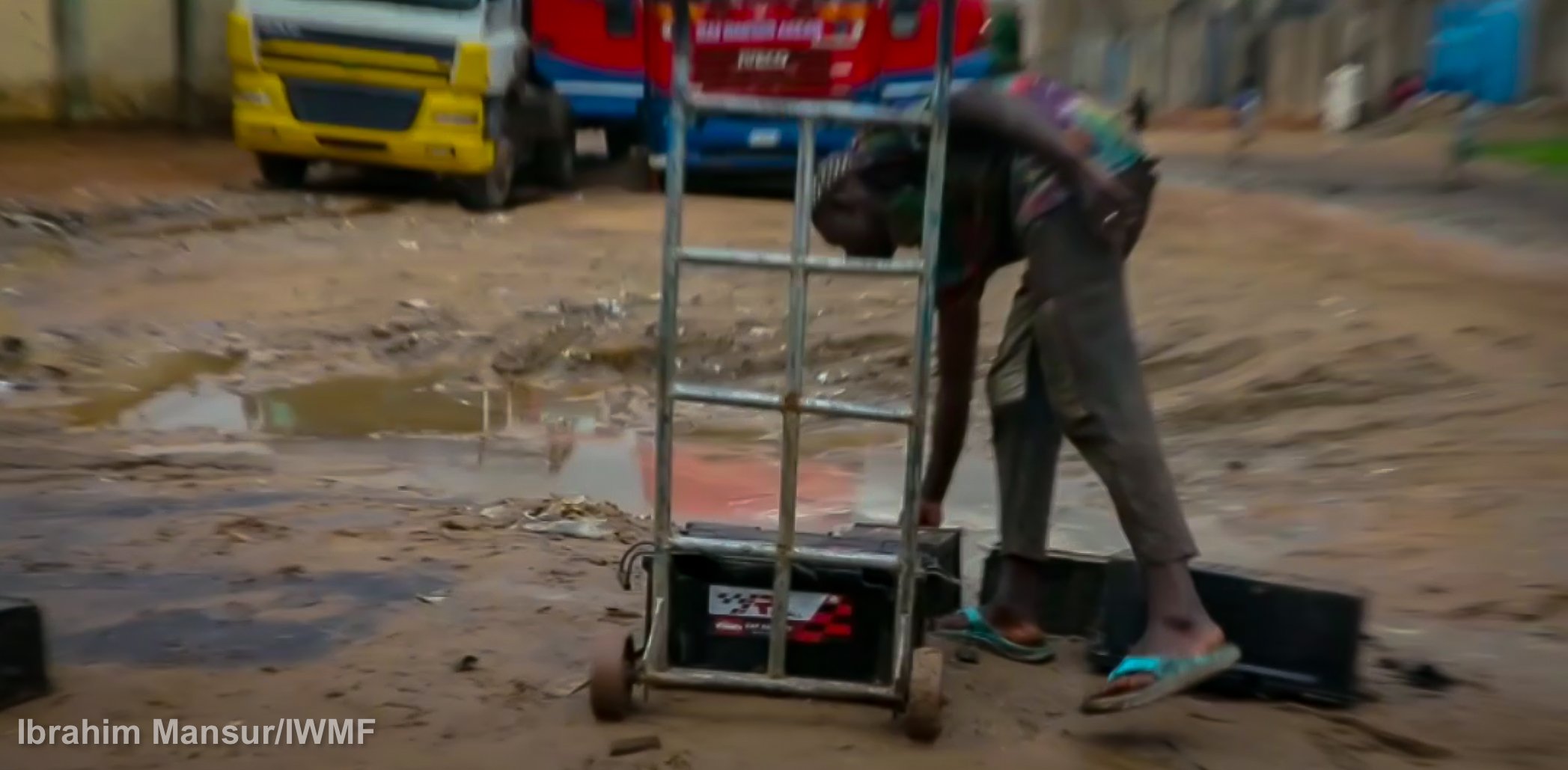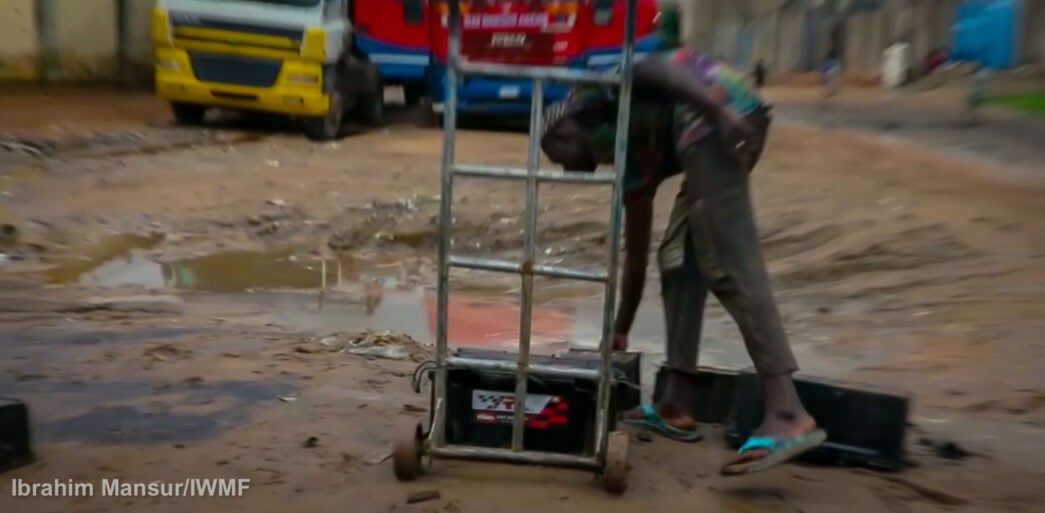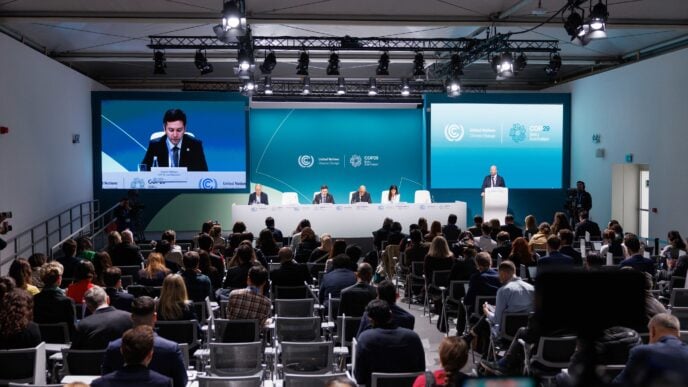A recyler disposes the content of a car battery on a street in Kano
Innocent Barikor, the director-general (DG) of the National Environmental Standards Regulation Enforcement Agency (NESRA), says the federal government is taking steps to stop the indiscriminate disposal of battery waste.
Barikor spoke in Lagos on Wednesday during the regulatory dialogue on the national environmental (battery control) 2024.
He said the government is intensifying the enforcement of the extended producer responsibility (EPR) regulation to forestall environmental degradation.
He said the dialogue, organised in collaboration with the German Corporation for International Cooperation (GIZ-Nigeria), was to equip regulatory officials on the regulatory frameworks and sanctions.
Advertisement
He added that it is a crucial step toward ensuring the effective implementation of the regulations to address the environmental and health challenges posed by the improper management of used batteries in Nigeria.
“The development of the regulation commenced in 2020 due to the public outcry on the crude handling of used lead acid batteries (ULABs) in the country,” Barikor said.
“The activities of the sector have drawn the attention of the government to address the concerns by developing the legal framework that will regulate improper handling of the ULABs.
Advertisement
“The agency, in August, partnered with the federal ministry of environment and other key stakeholders and, with support from GIZ Nigeria, inaugurated the national environmental (battery control) regulations, 2024.
“The regulations provide a comprehensive legal framework for the environmentally sound management of all types of batteries across their life cycle.”
The NESREA boss decried the imminent danger that unregulated battery waste disposal posed to the ecosystem, saying that the proactive enforcement of the actionable framework would prevent and minimise pollution and waste arising from used batteries.
He said the real impact of any regulatory framework lies in its effective implementation and enforcement.
Advertisement
Balarabe Lawal, the minister of environment, said the session was to address critical aspects of the National Environmental Battery Control Act.
The minister, represented by Olabimpe Oladini-Adenike, the federal controller of environment, south-west, said the session was essential for strengthening the management of used batteries within the framework of the extended producer responsibility programme.
“The development of a regulatory framework such as this underscores the ministry of environment’s commitments to safeguard public health and promote ecological balance,” the minister said.
“The proper management of used batteries is essential to prevent environmental contamination and mitigate the harmful effects of associated harmful effects.
Advertisement
“The session will not only emphasise the importance of aligning national policies with global best practices, but also seek to foster collaboration among all stakeholders, the NGOs, the organised private sector, and the regulatory agencies.”
Advertisement
Add a comment












